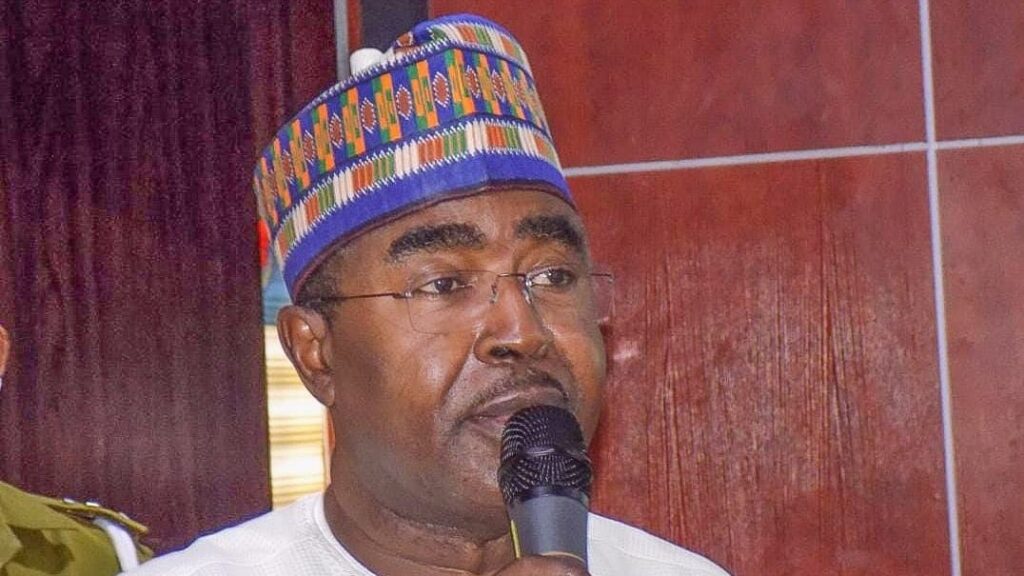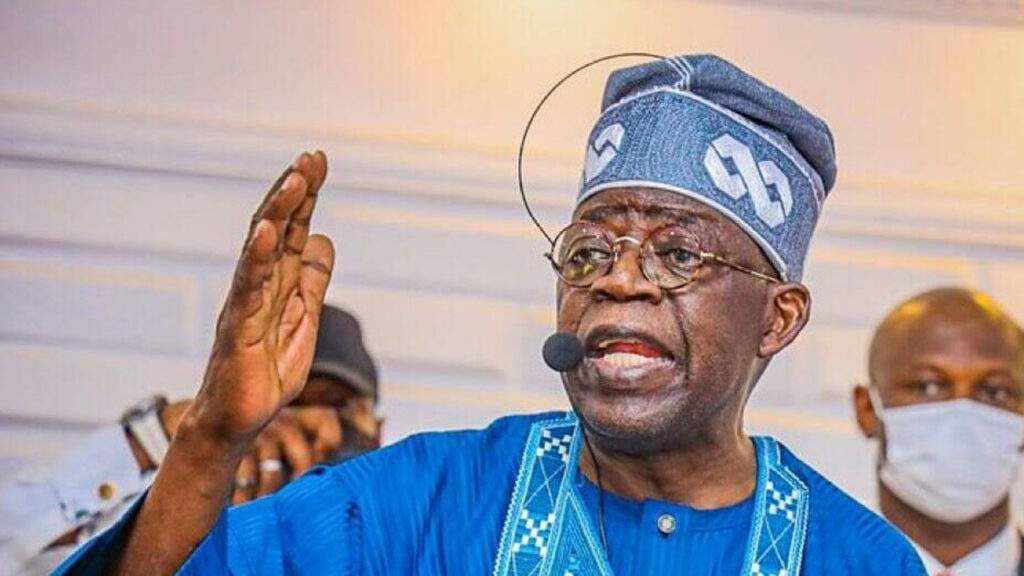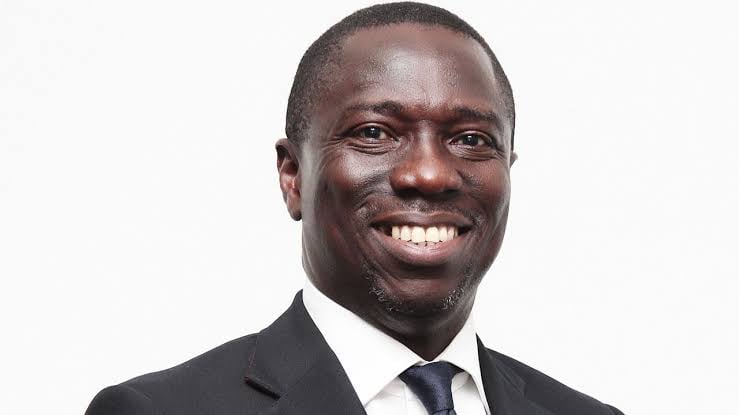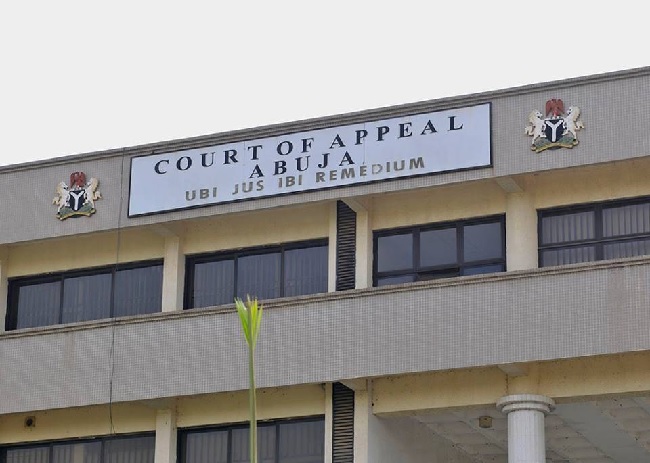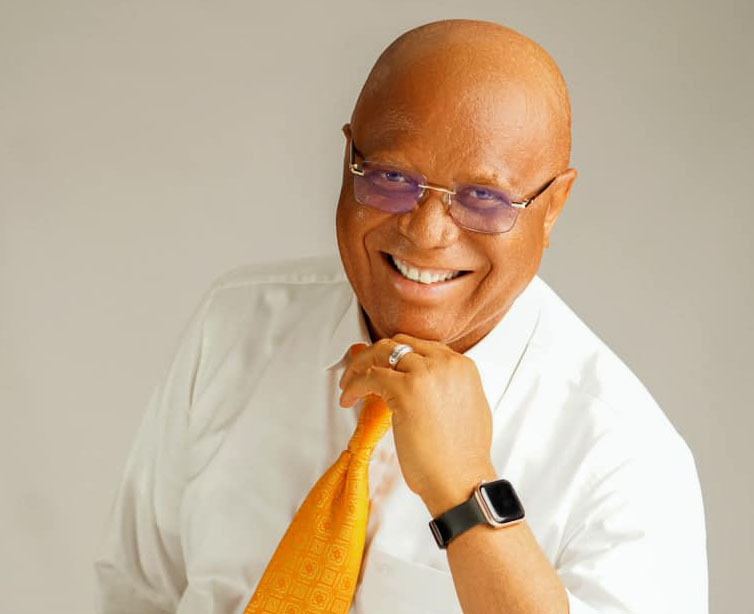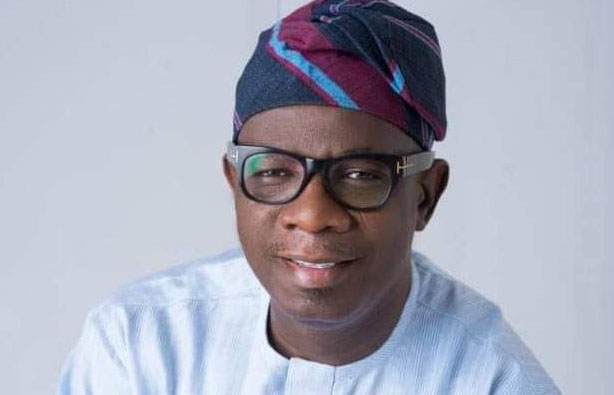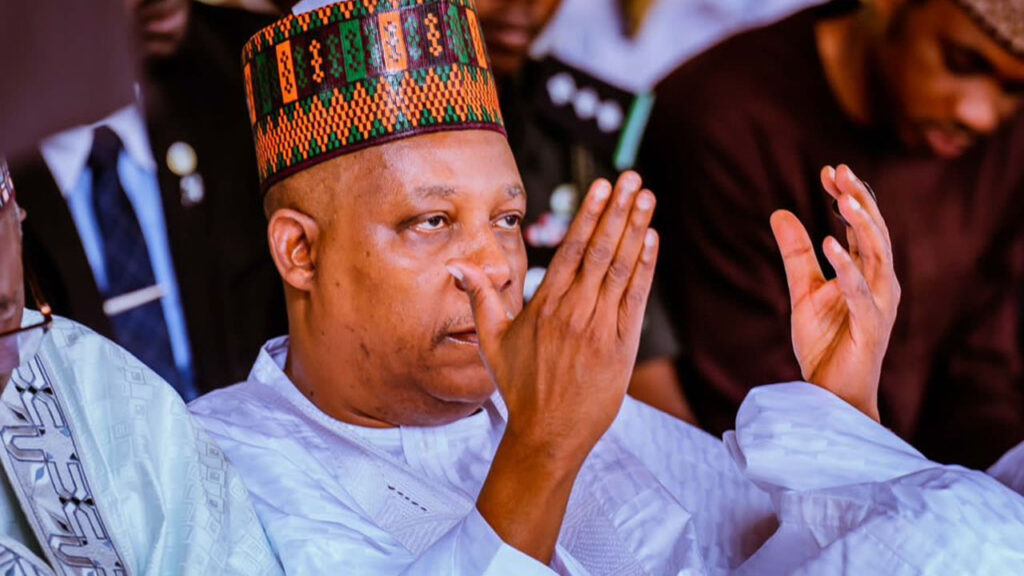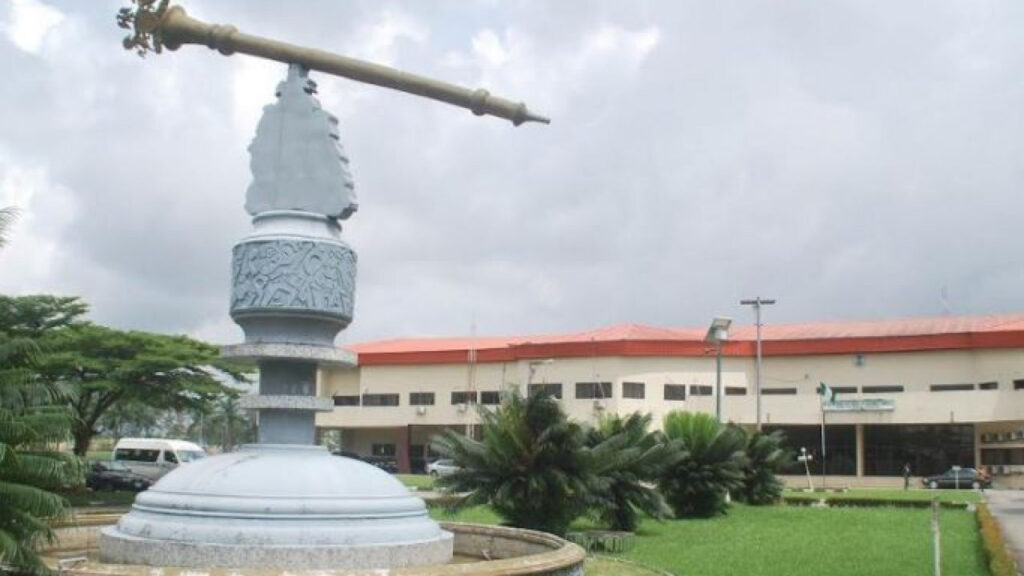
Since his inauguration in 2015, President Muhammadu Buhari’s decision to appoint politicians to head security agencies has continued to generate controversy among Nigerians, especially stakeholders in the security sphere.
While some believe it is wrong to appoint non-career officers to head security agencies, others said it is the prerogative of the Commander-in-Chief to determine who heads any security agency.
Uniformed security organisations being headed by politicians or non-career personnel are the Nigeria Customs Service (NCS), National Drug Law Enforcement Agency (NDLEA) and others.
Although, records showed that some of the appointed politicians performed excellently, some have distorted the culture and corrupted the system of those security agencies they led.
The law that establishes NDLEA says, “The agency shall consist of a Chairman, a representative of the Nigeria Police Force, not below the rank of an Assistant Inspector-General, the Director, Military Intelligence; the comptroller-General of Customs, the Director, State Security Service, a representative of the Federal Ministry of Justice not below the rank of a Director, The Director – General, National Intelligence Agency, a representative each of the Ministries of Foreign Affairs and Health not below the rank of Director; and three other persons.
On the top of demerits of appointing politicians to oversee security agencies is that it discourages career satisfaction and fulfillment, as there are no hopes that an officer can rise to the top of his or her career.
Security expert and Managing Director of Strict Guard Security, Dr Bone Chinye Efoziem said: “It is wrong to appoint non-career officers to head security agencies. It is counter productive to allow people without proper or grassroots knowledge of the organisation to occupy leadership positions, thereby leading without proper understanding of the challenges and prospects of such bodies.
“It eradicates career progression, which is the core of determination, loyalty and commitment among personal. By this I mean that personnel of such organisations, who know that the headship of the service is reserved for politicians have no reason aspiring to get there hence do not have the need for loyalty and commitment, which are the life wires of discipline.”
He noted that such practice breeds corruption and get-rich-quick syndrome among personnel, because they are not hopeful to get to the peak of their career.
In his take, President of Association of Licensed Private Security Practitioners of Nigeria (ALPSPN), Dr Wilson Esangbedo, said the government can appoint anyone it feels is competent to deliver.
“The Government can appoint anyone it likes and knows is competent to head any security agency. The watchword is competence. There may be competent personnel within a security agency but the government may want a total departure from the norms and practices of that agency and to make this happen, it will bring a competent person from outside the agency to drive government’s agenda.
“My advice to government is to train its top personnel in government agencies to imbibe its policies and programmes and that is one of the reasons top officers in all government security agencies go to Nigerian Institute of Policy and Strategic Studies. If the government of the day appoints heads of security agencies from the alumnus of this institute, the government has nothing to fear, because they will certainly deliver because of their training and exposure.
“When you look at the law setting up most of these agencies, the law does not allow it, but most times the government of the day operates above the law as no one questions them. The NGOs have gone to sleep. We miss people like the late Gani Fawehinmi. He would have taken the government up if he were still alive.
“Politician’s remain who they are. They know nothing about the agency they are sent to head. They will take at least one year to learn the ropes of that agency. The smarter ones that have been in the security agencies and have been governors and have experienced in the security sector need just like three months.
“Some have been career security officers and professionals. Some are very smart and can adapt easily into any job and deliver. The only danger I see in sidelining career security officials when heads of their security agencies are appointed is that it affects morale of the entire workforce in that agency. Government should stop this practice as it does not bring out the best in our security agencies and could lead to acts of sabotage that could have wide security implications,” Esangbedo said.
Founder of PR Nigeria and Defence consultant, Yushau Shuaibu said: “It is neither here nor there if we won’t attach emotion to it. The government should abide by the established rules and requirements for such appointments.
“There is nothing wrong if retired security officers who are politicians are assigned to head organisation where their services are needed and they meet the requirement for such offices. Sentiments aside, in law, legality is considered than morality in decision making.”
For the former Director of Department of State Services (DSS), Mr Dennis Amachree, “It remains the prerogative of the President to appoint qualified Nigerians to head the nation’s sensitive security agencies. These appointments can be done by choosing the most senior in the hierarchy of that agency to occupy the top position, or go down the ladder to promote and appoint a more junior officer, like we recently had in the Economic and Financial Crimes Commission (EFCC).”
“In other cases, non-career persons like diplomats, retired military or police officers are appointed to head some sensitive security agencies. Examples abound in Nigeria. In 1986 Alhaji Ismaila Gwarzo, a retired Police officer was appointed as the first Director General of the State Security Services (SSS).
“The Deputy Director General was a military officer, Lt. Col. A . K. Togun. They were appointed, despite many career security officers in the service. In 1988 Bello Haliru, a former military officer was also appointed to head Nigerian Customs Services. Of recent, we have General Buba Marwa appointed as the Chairman of Nigerian Drug Law Enforcement Agency (NDLEA).
“Some pundits have raised the question on the appropriateness of such appointments, when career officers are waiting in the wings. It is however neither here nor there. In all of these appointments, the non-career people appointed into these offices are basically policy makers.
“Policy implementation is done by the career officers. So, success or failure of the heads of these agencies actually depends on the management acumen of the appointees. Political appointments also fall into the same category, where a lawyer can be appointed as Minister of Works and do a good job.
“The major disadvantage is the case of morale, where aspiring career officers see their tenure as being truncated. But like in the case of NDLEA, the new Chairman has boosted the morale of the staff and made them to achieve higher goals in their fight against illegal and psychotropic drugs.
“The Federal Civil Service rule is not very clear on the succession plan to top executive positions, but like all political appointments those positions are “unclassified,” which means that salaries and benefits can be negotiated with the appointing authority. Such appointees are also free to play politics.”
He added: “Similar situations abound even in the United States of America, where the current Director of the Federal Bureau of Investigation (FBI), Christopher Wray was an Assistant Attorney General before his appointment. Likewise, the Chief of the MI6 of England, Richard Moore, was a former diplomat, before his appointment. The underlining factor is sound academic and professional qualification to function effectively in those positions.”

